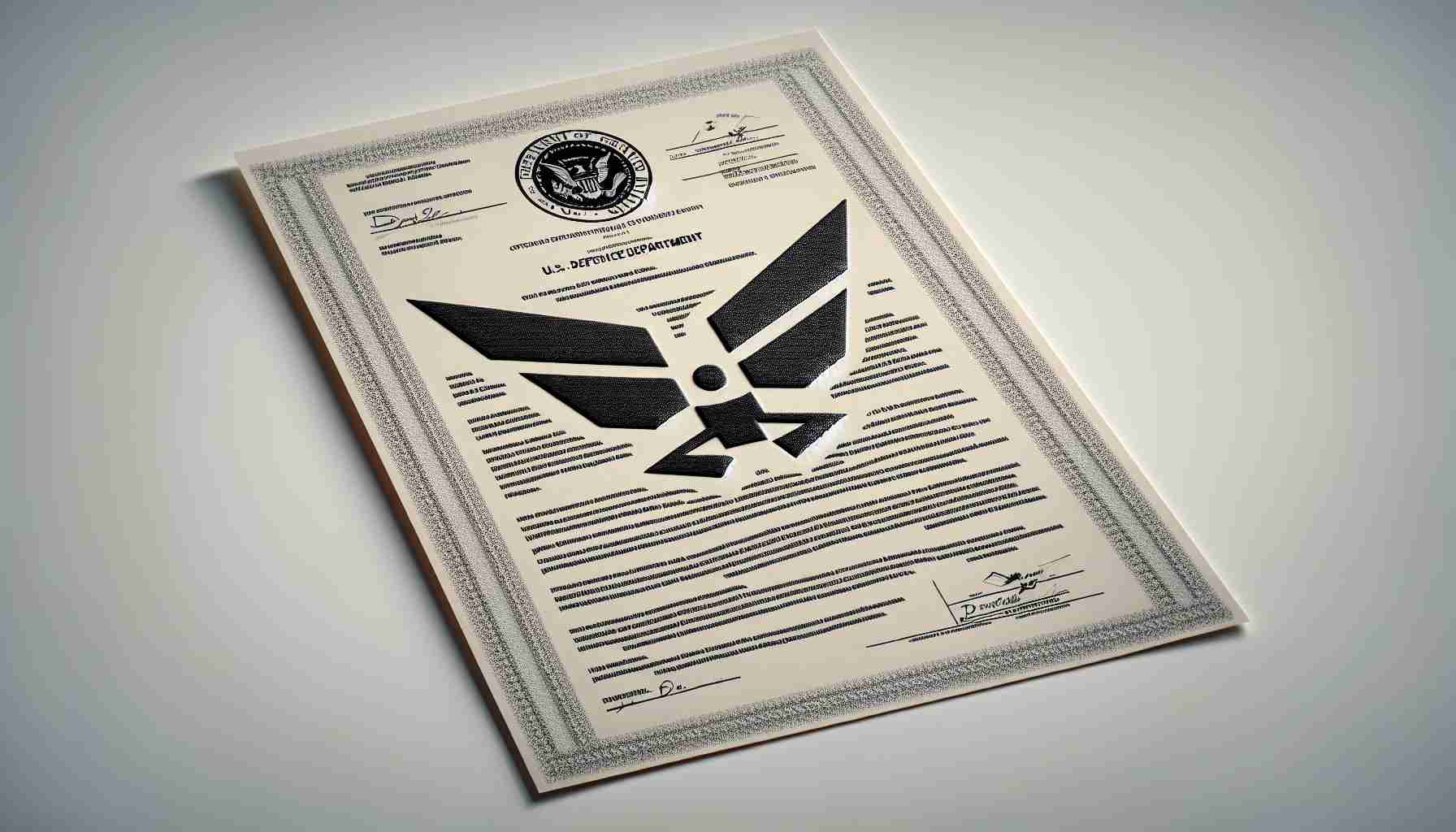DJI, the leading global drone manufacturer, has initiated legal proceedings against the U.S. Department of Defense (DoD) to contest its classification as a “Chinese Military Company.” The company argues that this designation is unfounded and has significantly harmed its reputation and business operations. Since being added to the DoD’s list in 2022, DJI reports that it has faced substantial losses, with deals evaporating and numerous federal agencies ceasing collaborations with the firm.
The company claims it has not received a clear rationale for this classification until it threatened to sue the DoD. Allegedly, the explanation provided was riddled with inaccuracies. DJI asserts that employees are enduring social stigma and harassment in public due to this label, further complicating their work environment.
Although DJI contends that it has no affiliations with the Chinese government, other U.S. government bodies have previously expressed concerns about the company. For instance, the U.S. Army halted the use of DJI drones in its operations in 2017, citing security risks. Furthermore, the Interior Department grounded its fleet of DJI drones in 2019 due to similar issues.
As congressional discussions about an import ban on new DJI drones unfold, the company seeks to clarify its stance and protect its market presence. Despite the ongoing controversies, DJI asserts that it operates independently and aims to demonstrate its commitment to ethical business practices.
DJI, the prominent global drone manufacturer, has escalated its dispute with the U.S. Department of Defense (DoD) by filing a lawsuit to challenge its designation as a “Chinese Military Company.” This legal pursuit highlights the increasing tensions between foreign technology firms and U.S. government agencies amid growing national security concerns.
One critical aspect of the lawsuit revolves around the implications of this designation for international trade. With tensions escalating between the U.S. and China, the classification may set a precedent that could hinder not only DJI but also other foreign companies from maintaining or establishing operations in the U.S. DJI’s legal challenge brings to the forefront several critical questions:
What are the foundational reasons for the U.S. government’s designation of DJI as a “Chinese Military Company”? The classification is primarily based on national security assessments linking companies in the Chinese technology sector to potential military applications, as outlined in U.S. regulatory actions and security review processes.
How might this legal action affect DJI’s operations and future in the U.S. market? If successful, the lawsuit could lead to the removal of the designation, potentially allowing DJI to regain lost contracts and restore its reputation. Conversely, if the court upholds the DoD’s classification, DJI may face even greater challenges in re-establishing trust and credibility with U.S. clients.
What are the key challenges or controversies associated with this designation? The legal battle raises significant concerns about transparency in U.S. government evaluations of technology firms, the potential for political motivations underlying such designations, and the broader implications for foreign businesses operating in the U.S. market. Some critics argue that the classification could stem from geopolitical considerations rather than factual security concerns.
What are the advantages and disadvantages of DJI’s legal action?
Advantages include the potential reinstatement of contracts, a clearer legal framework, and the opportunity to publicly address and counter the allegations made against them. Furthermore, a favorable ruling could enhance DJI’s reputation for compliance and innovation.
On the downside, the legal battle is costly and time-consuming. It may not only strain DJI’s resources but could also exacerbate existing tensions with U.S. government entities. Additionally, even if the lawsuit results in a favorable outcome for DJI, the lingering perception of the company as a security risk may persist among federal entities and private enterprises.
As DJI continues to navigate this turbulent phase, the outcome of its legal action could reverberate throughout the drone industry and beyond, influencing global supply chains and international relations.
For more on DJI and its legal challenges, visit DJI official site. For insights into U.S.-China relations and technology policy, check CNAS.









